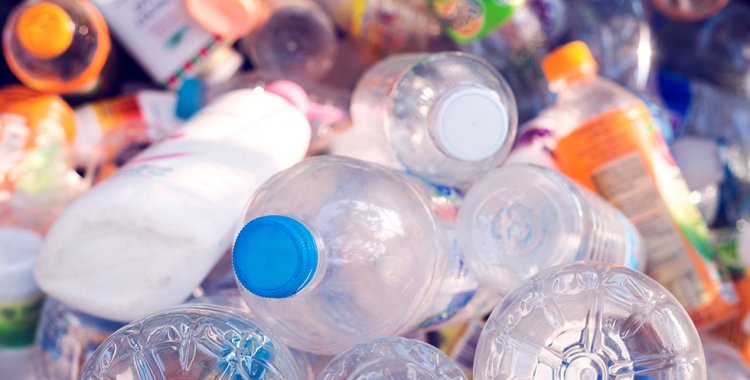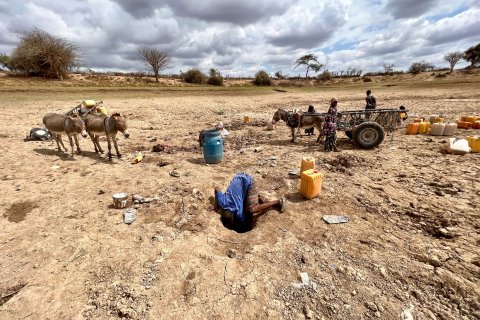At stake is the working group, created by the President, to draw up a National Plan to Ban Plastics to "deal with environmental degradation" and regulate the production and use of these products.
In an EcoAngola document on the creation of the plan, which Lusa had access to, the environmental organization stresses that for more than three years it has been actively advocating for the regulation of the production, use and disposal of single-use plastics.
According to EcoAngola, the impacts are visible throughout the country, and are even more incidents on the health of Angolans and Angola's biodiversity.
"The creation of this commission may demonstrate interest in resolving this challenge, however, civil society's concern is that this becomes just another intention, as many others have already been voiced previously without achieving results", says the document.
For EcoAngola, what needs to be done for this intention to demonstrate more credibility is to involve civil society organizations that already have advocates for this action.
The multidisciplinary working group created by the Head of State will be coordinated by the Minister of State and Head of the Civil House of the President of the Republic and includes those responsible for the Environment, Economy and Planning, Territory Administration, Education and Telecommunications, Information and Communication Technologies Social.
Also part of this group are representatives of business associations and the academic class, the bodies supporting the vice-presidency of the Republic, and environmentalist Fernanda Renée Samuel.
EcoAngola emphasizes in its position that, in 2020, it received funding from the European Union and developed the "Angola without Plastic" project, with the aim of surveying the amount of untreated plastic waste that ends up polluting the country.
"The results are striking, and with that, strategies were created that particularly included private institutions and the academy, but unfortunately the lack of incentives from the State did not allow more to be achieved", underlines the document.
However, the environmentalist organization is open to collaborating, sharing data from studies already carried out and strategies already created, and contributing to the achievement of results.
"At the same time, it is also open to monitoring the progress of such commissions, so that they begin to achieve results that can be real results in our society and so that bodies that do not meet the established goals and objectives begin to be held accountable. If not, , we will continue without results and Angola will become more and more polluted", concluded EcoAngola.
Speaking to Lusa, the president of the Industrial Association of Angola (AIA) defended, for his part, the start of charging taxes on plastics, as a way of finding resources to finance the Angolan economy, particularly agriculture.
José Severino stressed that the AIA presented a proposal for the creation of 450,000 jobs in the interior of the country and, in this way, create wealth, combat asymmetries and increase exports, noting that resources are needed to achieve this goal.
"For that, resources are needed", he stressed, pointing to two possible sources of funding: "Correction of fuel prices and taxes on plastics, which is in fact a problem".
João Lourenço points out in the grounding dispatch the "worrying levels of pollution resulting from the use of plastics in general, whose mode of production and use is not regulated by internal legislation" and underlines that Angola is a coastal State.
He highlights, on the other hand, the need to comply with the international commitments of the Angolan State that focus on environmental protection, consolidated in the objectives of Sustainable Development of the United Nations Organization.
The working group will have, among other attributions, to carry out a national diagnosis to "measure the state of environmental pollution" in the country, carry out a survey of production units, import circuits and levels of plastic consumption, sensitize society and develop the plan and timeline.







